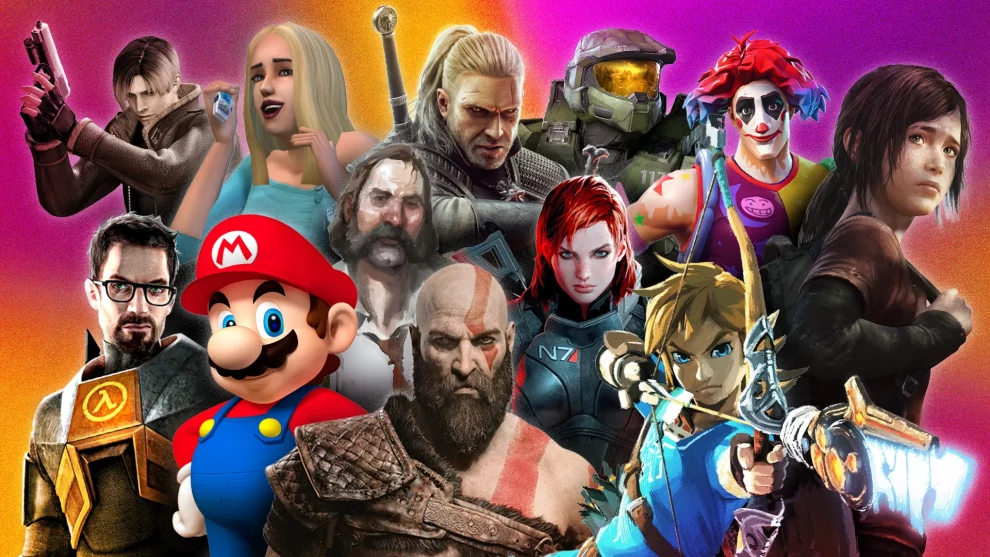The debate on whether video games deserve recognition as an art form has rumbled for decades, often echoing amidst sneers and scoffs from skeptics. But those days are fading. The interactive tapestries woven by modern video games have woven their way into the very fabric of culture, demanding respect and admiration akin to their established artistic brethren.
Immersion Through Interactivity
Unlike passive forms of media like movies or books, video games actively engage players, transforming them from spectators into participants. We wield the controller, crafting choices that shape the narrative, navigate breathtaking landscapes, and forge emotional bonds with fellow adventurers. This inherent interactivity creates a deeper level of engagement, blurring the lines between player and protagonist, art and experience.
A Symphony of Storytelling
Video games boast a unique blend of artistic elements – captivating narratives, stunning visuals, evocative sound design, and compelling music. Masterful stories unfold not just through scripted exposition but through environmental details, character interactions, and player agency. Each element seamlessly intertwines, forming a symphony of storytelling that immerses players in worlds as rich and complex as any novel or film.
Emotional Resonance and Catharsis
The interactive nature of games allows them to evoke a wider spectrum of emotions than traditional media. The thrill of triumphing over a challenging boss, the gut-wrenching loss of a beloved character, the shared laughter with online companions – these experiences resonate deeply, forging lasting emotional connections that traditional media often struggle to achieve.
Pushing the Boundaries of Art
Video games constantly innovate, defying artistic boundaries and forging new pathways for creative expression. From the meticulously crafted worlds of open-world adventures to the experimental narratives of indie darlings, video games continuously push the envelope of what art can be, challenging conventions and redefining storytelling itself.
A Mirror of Our Times
Just like any great art form, video games reflect and critique the world around them. Whether exploring social issues, delving into historical events, or satirizing pop culture, games hold a mirror to society, sparking thoughtful conversations and fostering understanding through interactive exploration.
The Legacy of Play
Video games are not just ephemeral entertainment; they leave an indelible mark on our cultural landscape. Iconic characters become household names, inspiring cosplay and fan art. Memorable soundtracks get stuck in our heads, hummed and revisited long after the credits roll. Games shape our perspectives, spark passion in aspiring creators, and weave themselves into the tapestry of shared experiences that bind us together.
Beyond the Debate: The Artistic Merit of Video Games
While the “art form” debate may hold historical significance, it misses the bigger picture. Video games are a powerful medium, capable of delivering profound experiences, evoking deep emotions, and sparking creative endeavors. Whether or not we label them “art” is irrelevant; their artistic merit shines through, undeniable and impactful.
The Future of Interactive Art
As technology advances and storytelling tools evolve, the potential for interactive art forms like video games is boundless. VR promises even deeper immersion, AI companions blur the lines between player and NPC, and innovative mechanics redefine the very concept of gameplay. This is not just the future of gaming; it’s the dawn of a new era of interactive art, one where players co-create with developers, forging unforgettable experiences that redefine the boundaries of creativity itself.
Join the Conversation
The conversation about video games as art is ongoing, evolving with each groundbreaking release and innovative mechanic. So, raise your controller, share your favorite gaming experiences, and join the chorus of voices celebrating the interactive artistry that is defining our generation. For the future of art is not confined to canvases and concert halls; it thrives in the vibrant, ever-evolving world of video games, waiting to be explored, experienced, and celebrated by all.
















Add Comment